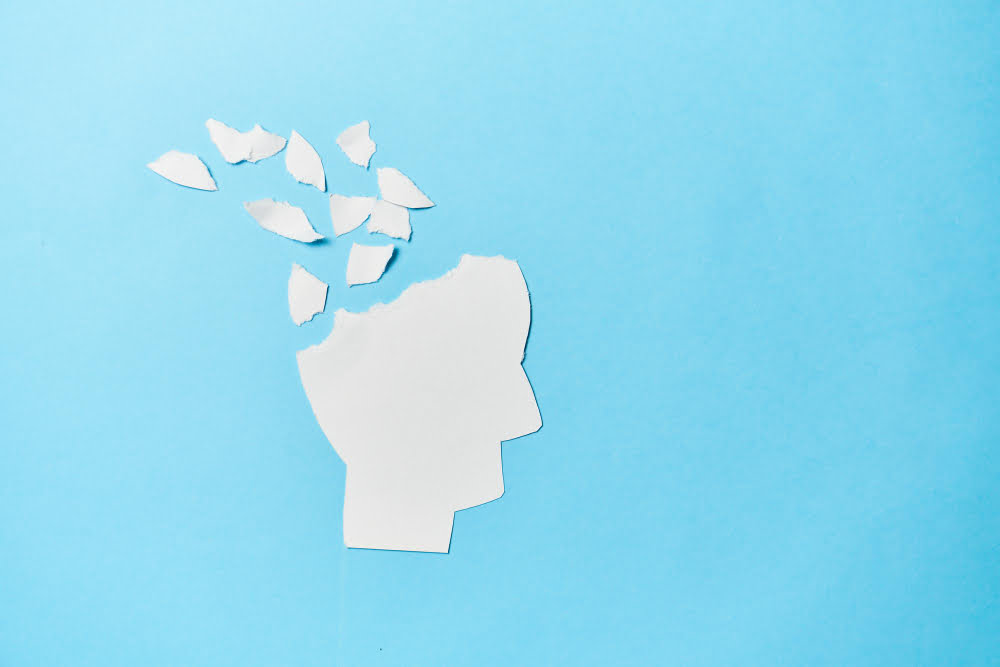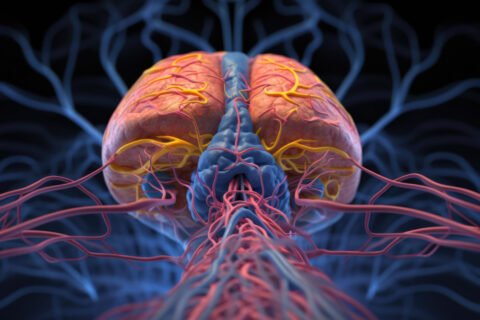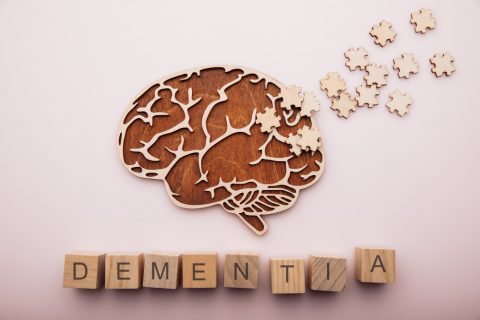Have you ever found yourself forgetting where you put your keys? Or maybe you’ve walked into a room and completely forgotten why you went in there in the first place? These small lapses in memory can happen to anyone. However, for some individuals, these may be early indicators of a more significant issue: memory loss. Memory loss can be a daunting experience, whether it’s personal or observed in a loved one. Recognising the signs early on is crucial for managing and potentially mitigating its progression. This article aims to empower you with knowledge about memory loss, including when and how to seek help.
Understanding memory loss
Memory loss, or cognitive decline, is when remembering events, information, or people becomes harder. It can be due to normal aging or more serious conditions like dementia or Alzheimer’s. Recognizing when to get help is crucial for early treatment.
Causes of memory loss
Several factors contribute to memory loss. Age-related decline is natural, but not all memory issues are a normal part of ageing. Lifestyle factors such as stress, inadequate sleep, and poor nutrition can also play a role in impairing memory function. Medical conditions like dementia, Alzheimer’s disease, and other neurological disorders can lead to more severe cognitive decline. Identifying these causes early can aid in getting the right treatment.
When to seek professional help
Paying attention to warning signs is key to getting the assistance you need. If memory lapses start interfering with your daily routines, it’s wise to reach out to a healthcare professional. Acting early is vital because it can greatly influence how memory issues are managed and what the eventual outcome might be.
Diagnosis and treatment
For memory loss, a thorough medical assessment is essential. This typically involves a comprehensive medical history, cognitive assessments, and potentially brain imaging. Treatment approaches differ based on the underlying cause, encompassing medications, therapy and lifestyle adjustments aimed at slowing the progression of cognitive decline.
Prevention strategies
Memory loss related diseases are inevitable, but it depends on us how we tackle it early on in our lives. To delay or prevent memory loss, focus on a brain-healthy lifestyle: exercise regularly, eat a balanced diet with antioxidants, get enough sleep, manage stress, and keep mentally active. These habits don’t just reduce memory loss risk but also boost overall well-being.
Support and resources
Organisations like Ivory offer valuable resources for individuals experiencing memory loss and their caregivers. Accessing professional support, joining support groups, and educating oneself about memory loss can provide much-needed assistance and guidance.
Conclusion
Memory loss presents its challenges, but knowledge about its signs, causes, and available treatments is empowering. If you or a loved one are grappling with memory loss, remember that seeking timely medical help can make a real difference with Alzhiemer’s diseases or Dementia. With access to support and resources, maintaining cognitive health and quality of life becomes feasible.
Every memory matters. Taking charge of your cognitive health today lays the groundwork for a brighter, more memorable future.
Frequently Asked Questions
Early signs of memory loss include frequent forgetfulness, difficulty concentrating, confusion with time and place, struggles to find the right words, decreased problem-solving skills, difficulty retaining new information, and changes in mood or personality. Recognising these signs can help in identifying memory loss early.
Memory loss is diagnosed through a comprehensive evaluation that includes a medical history review, physical examination, cognitive tests (assessing memory, problem-solving, attention, counting, and language skills), and sometimes brain imaging tests to detect changes in brain structure.
Some types of memory loss can be reversed, especially if they are caused by treatable conditions like nutritional deficiencies, stress, sleep deprivation, or certain medications. However, memory loss due to neurodegenerative diseases like Alzheimer’s cannot be reversed, though its progression can sometimes be slowed.
Risk factors for Alzheimer’s include age, family history, genetics, lifestyle factors (such as physical inactivity, poor diet, and smoking), certain genetic mutations, head injuries, and conditions like cardiovascular disease and diabetes.
Forgetfulness is a concern when it becomes frequent enough to interfere with daily life, such as consistently forgetting important dates, appointments, or recently learned information, and when it represents a significant change from previous abilities.
Adopting a lifestyle that includes regular physical activity, a nutritious diet filled with fruits, vegetables, and omega-3 fatty acids, ensuring sufficient sleep, effective stress management, engaging in mentally stimulating activities, and refraining from smoking and excessive alcohol consumption can all contribute to preventing memory loss.
While mild forgetfulness is a normal part of ageing, significant memory loss or cognitive decline is not considered normal and may indicate underlying health issues that require medical attention. When memory loss starts to significantly disrupt your daily life, it’s crucial to seek professional help.
Genetics can play a significant role in memory loss, especially in neurodegenerative diseases like Alzheimer’s disease. Certain genes have been identified that increase the risk, though not everyone with these genes will develop the condition.
Medications can treat some forms of memory loss, particularly those associated with Alzheimer’s disease and other dementia diseases. These medications may help manage symptoms but do not cure the underlying disease. Always consult a neurologist or neuropsychologist before starting any treatment.
Caregivers can support individuals with memory loss by creating a safe and supportive environment, helping with daily tasks, encouraging engagement in stimulating activities, ensuring regular medical check-ups, and providing emotional support. Educating themselves about the condition and seeking support from psychiatrist and support groups can also be beneficial.




